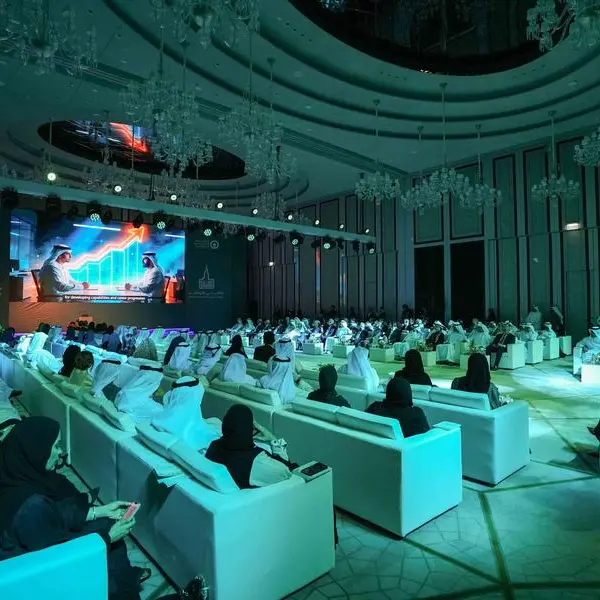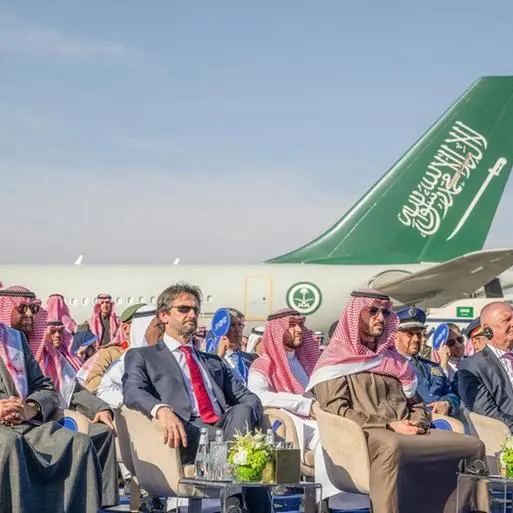PHOTO
Approximately 102,000 GLA added to Cairo’s retail sector, bringing the total stock to 3.14 million sq. m. in the second quarter.
Unprecedented rise in sale prices and rents in the residential market, driven by a combination of currency devaluation and soaring inflation.
Around 1,300 keys expected to be added to the hospitality sector this year, dominated by 5-star properties.
The Central Bank’s decision to float the Egyptian pound in the first quarter of this year has ignited a shift in sentiment for the office sector in Cairo, which is anticipated to generate long-term improvement and growth opportunities, according to JLL’s Cairo Market Dynamics Report for Q2 2024.
As market conditions stabilise and business confidence grows, Cairo is set to receive approximately 540,000 sq. m. of new office space in the second half of the year, primarily in the New Administrative Capital (NAC) and New Cairo, though some projects may face delays in handover due to slow construction or leasing difficulties. During the second quarter, around 15,000 sq. m. of office gross leasable area (GLA) was delivered, expanding the total stock to over 2 million sq. m.
Enquiries for large office spaces between 2,000 and 5,000 sq. m. increased, and demand for high-quality Grade A supply continuously grew due to limited availability. New Cairo, offering more high-quality office spaces, attracted the most demand, driven by existing tenants seeking to either expand or relocate.
That said, average citywide rents decreased by 2% annually to reach USD 356 per sq. m. per annum. Prime rents saw a 6% annual reduction but remained stable compared to the previous quarter at USD 480 per sq. m. per annum.
Ayman Sami, Country Head, JLL Egypt, said: “Egypt’s real estate sector, a significant contributor to the economy, continues to witness strong performance across sectors in the second quarter of the year. The Central Bank’s decision to float the Egyptian pound has brought much-awaited stability to the market, igniting a shift in business sentiment. A substantial amount of space was delivered in Cairo’s retail sector while the residential sector witnessed an unprecedented rise in sale prices and rents, despite project delays due to prevailing market conditions. These are positive indicators of an ever-growing real estate market as the government remains focused on the expanding investment environment.”
Landlords incentivise retailers to set up in expanding space
Cairo’s retail sector witnessed the completion of approximately 102,000 sq. m. GLA, expanding the total stock to around 3.14 million sq. m. The completions included one regional mall, two community centres, and two neighbourhood malls. An additional 300,000 sq. m. of retail space is expected to be handed over in the remaining year, with neighbourhood malls dominating the future supply. However, several projects faced delays due to prevailing market conditions.
The current market dynamics favour tenants, with landlords willing to contribute towards capital expenditure (CAPEX) and operational expenses (OPEX). Additionally, average rental rates in both primary and secondary malls recorded an approximately 8% increase compared to the same period last year. The average citywide vacancy rate was registered at 8% during the second quarter.
Despite the ongoing pressure on the retail sector, there is a favourable outlook for the growth of local production and brands. Landlords are offering incentives and revenue share arrangements to attract local brands and fill up retail space, providing opportunities for the growth and success of these businesses.
Cairo's residential sector poised for long-term improvement
The residential market experienced an unprecedented rise in sale prices and rents, driven by a combination of currency devaluation and soaring inflation. Notably, in 6th of October, sales prices increased by around 175% annually in the second quarter, while New Cairo saw 180% year-on-year growth. The rental market also witnessed substantial growth, with rents in 6th October and New Cairo rising by 101% and 122%, respectively, during the quarter as compared to the same period last year.
In the second quarter, approximately 2,200 residential units were completed, adding to the existing stock of around 278,000 units, with apartments dominating the completions. More than 22,000 units are expected to enter the market in the second half of the year.
Due to market uncertainties, developers adopted a cautious approach and selectively launched new projects, managing costs and liabilities. Although the market began to stabilise in the second quarter, future projects are anticipated to face delays.
The long-term outlook for Cairo's residential sector is optimistic, driven by factors such as the Ras El Hekma deal and the partnership between Egypt and the European Union. These developments position Egypt as an attractive destination for foreign direct investment (FDI) and offer potential growth and investment opportunities in the real estate market.
A strong focus on luxury accommodations expected in Cairo’s hospitality sector
Although there were no new major hotels added to the Cairo market in the second quarter, maintaining a stable total stock of 26,700 keys, approximately 1,300 keys are expected to be added to the existing stock during the remainder of the year.
Looking at the year-to-May period, citywide occupancy stood at 64%, according to the latest data from STR. During the same period, the average daily rate (ADR) experienced a 4.5% reduction, reaching USD 135 compared to the previous year. Consequently, the revenue per available room (RevPAR) dropped by 8% year-on-year, recording USD 87.
More operators are expected to announce expansion plans, demonstrating their confidence in the long-term growth of the tourism industry in Egypt. As the tourism industry continues to flourish, investment in hotel projects and infrastructure is expected to strengthen, with a focus on luxury accommodations and improving visitor experiences. The positive trajectory of international arrivals and the government's efforts to enhance the tourism sector provide a promising outlook for the hospitality industry in Egypt.




















